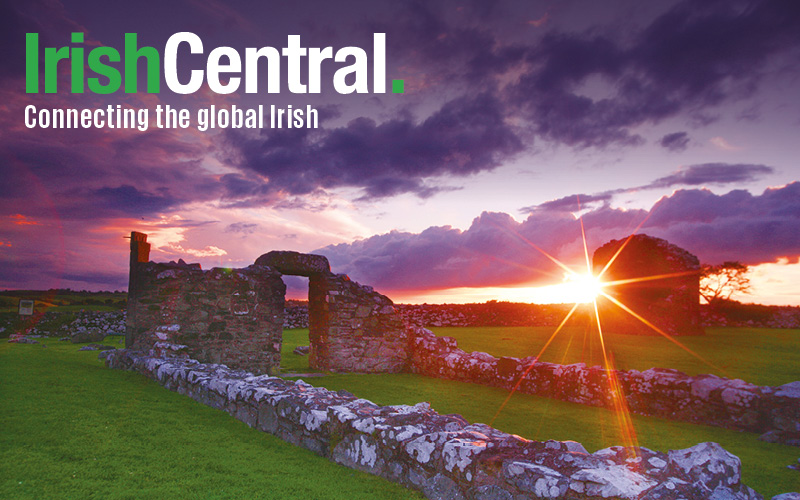The number of Irish people traveling to Australia each year to find work is being dramatically reduced.
On Monday the department that handles emigration announced it is to cut the amount of visas for Ireland by more than half.
In the past year Irish people have fled to Australia in search of work and a better life as Ireland suffers through an economic depression.
However, new rules announced on Monday cut the number of visas for Irish people from 400 to 181.
This will come into effect as of July 1.
The program is now seeking more skill based immigrants and this is reflected in their new guidelines.
Minister for immigration in Australia, Senator Chris Evans said the program has changed in order to place more emphasis on "professional and highly skilled workers to meet demand."
The new Skilled Occupation List (SOL) is "designed to deliver highly skilled migrants and crack down on people seeking permanent residency through low-value education courses", he said in a statement.
He added that the changes are intended to "attract skilled migrants of the highest caliber and deliver people with real skills to meet real need in our economy."
"International students who have the skills our economy needs will still be able to apply for permanent migration or be nominated by employers, but we will no longer accept the thousands of cooks and hairdressers who applied under the guidelines established by the (previous) Howard government," he said.
In the past thousands of Irish people were granted visas if they were a butcher, hairdresser, chef or even a gardener.
Such jobs are not considered high skilled anymore.
Between 2008 and 2009 more than 1,500 Irish people were granted permanent residency visas - most of whom qualified under the skilled workers migration program.
Moving forward, most Irish immigrants who would like to migrate to Australia will need a sponsorship from an employer.
The skills Australia are now seeking is mainly in the health-care industry including nurses, doctors, psychiatrists, surgeons, dentists, medical administrators, chemists, veterinarians and optometrists.
Teachers, architects, accountants, software programmers, engineers and analysts are also in demand.
The main bulk of Irish people heading down under in recent times have been construction workers who lost their job in the recession.
Good news still stands for them.
Bricklayers, stonemasons, carpenters, electricians, plumbers, tilers and plasterers are still considered a high skill trade.
Edwina Shanahan, marketing manager for the Irish online visa service Visafirst.com, said the changes would hit some people seeking to immigrate but the majority should be fine.
"The majority of trades are still on it, especially in the construction trade," she said.




Comments